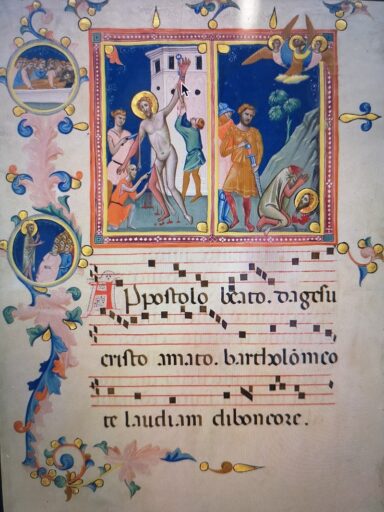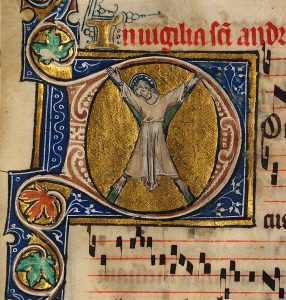026 Signs of the End 5
In this series of PodCasts we will be looking at Signs of the End times in scripture. We will be covering the apocalyptic books of Daniel and Revelation, the Signs of the End from Matthew 24, Mark 13 and Luke 21 and the the non-canonical apocalyptic books of 2 Esdras, 2 Baruch and of course Enoch. We will also be looking into the Dead Sea Scrolls and the Nag Hammadi Library and the apocalyptic works they contain.
Who are the Ten Horns on the Beast of Revelation? Who are the Ten Toes on the image of Nebuchadnezzar’s vision? Who are those sent by God? What does it mean to be sent by God? Why does God warn against the Mark of the Beast? Who are the sealed of God and how are they sealed? When is the in-gathering and who is gathered? When is the Time of the end? Are we in the end times?
In this podcast you will find the answers to these questions and many more.
Topics covered in this PodCast are:
00:00 Introduction
02:01 The Ten Horns
21:20 Whom God Will Send
44:01 The Mark and The Seal
1:00:30 The In-gathering
1:21:05 Signs in Esdras part 2
1:36:16 Discussion


